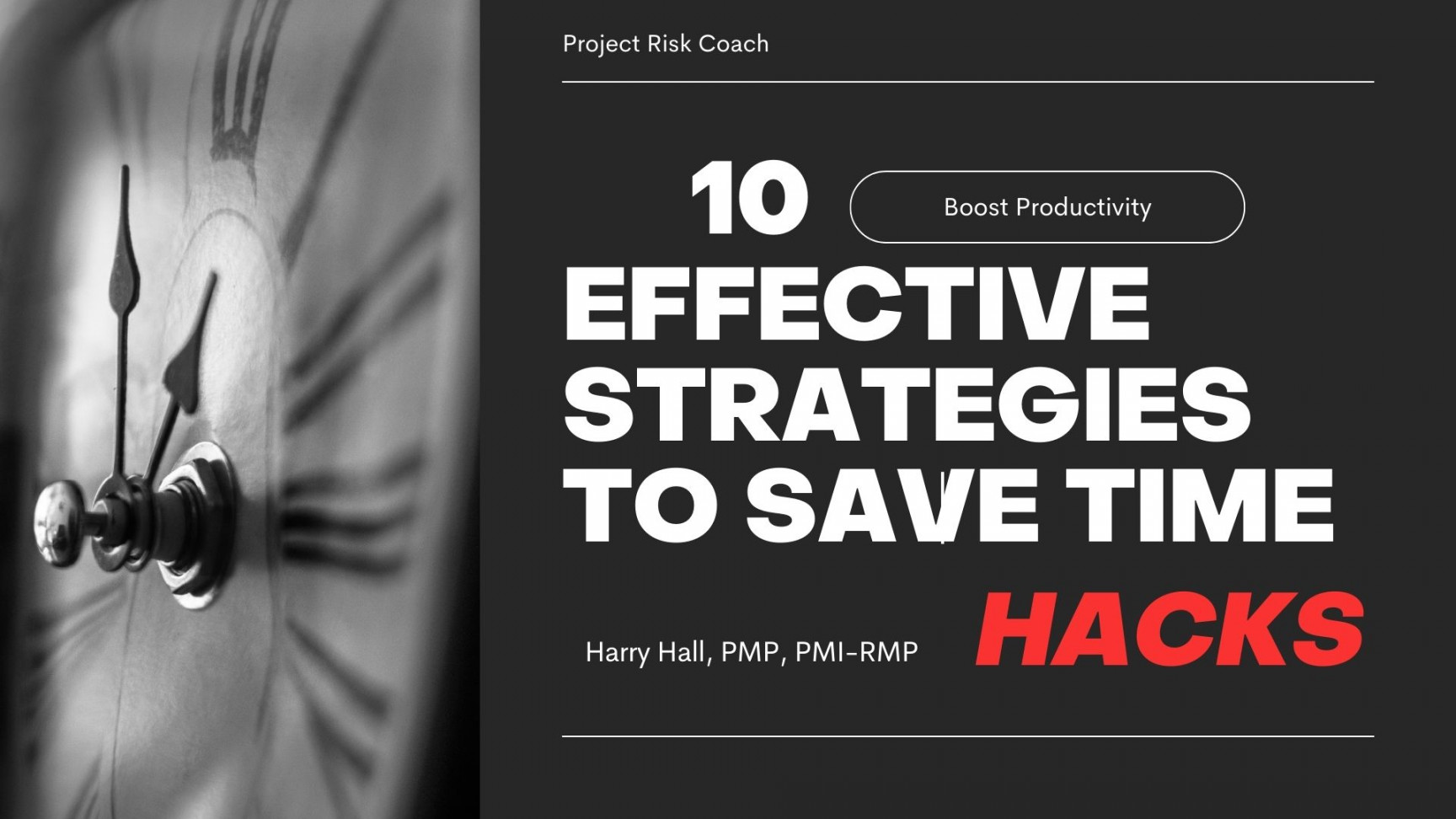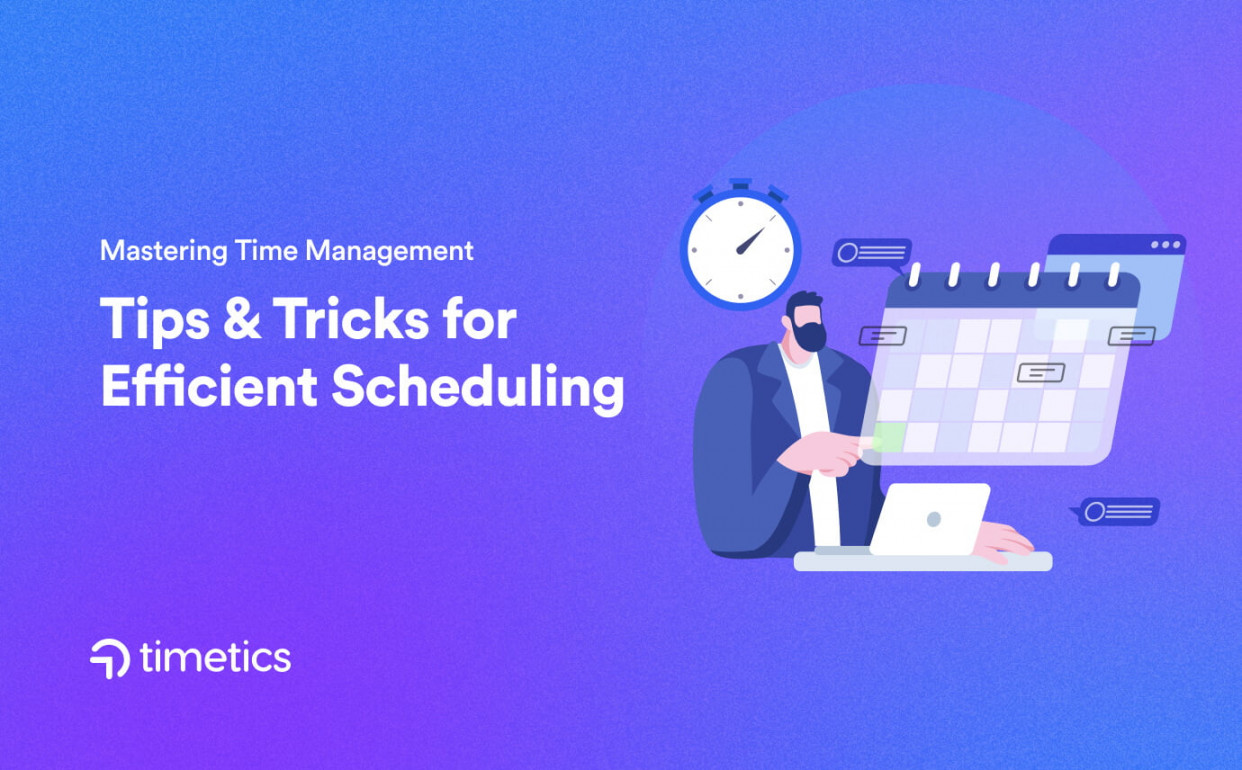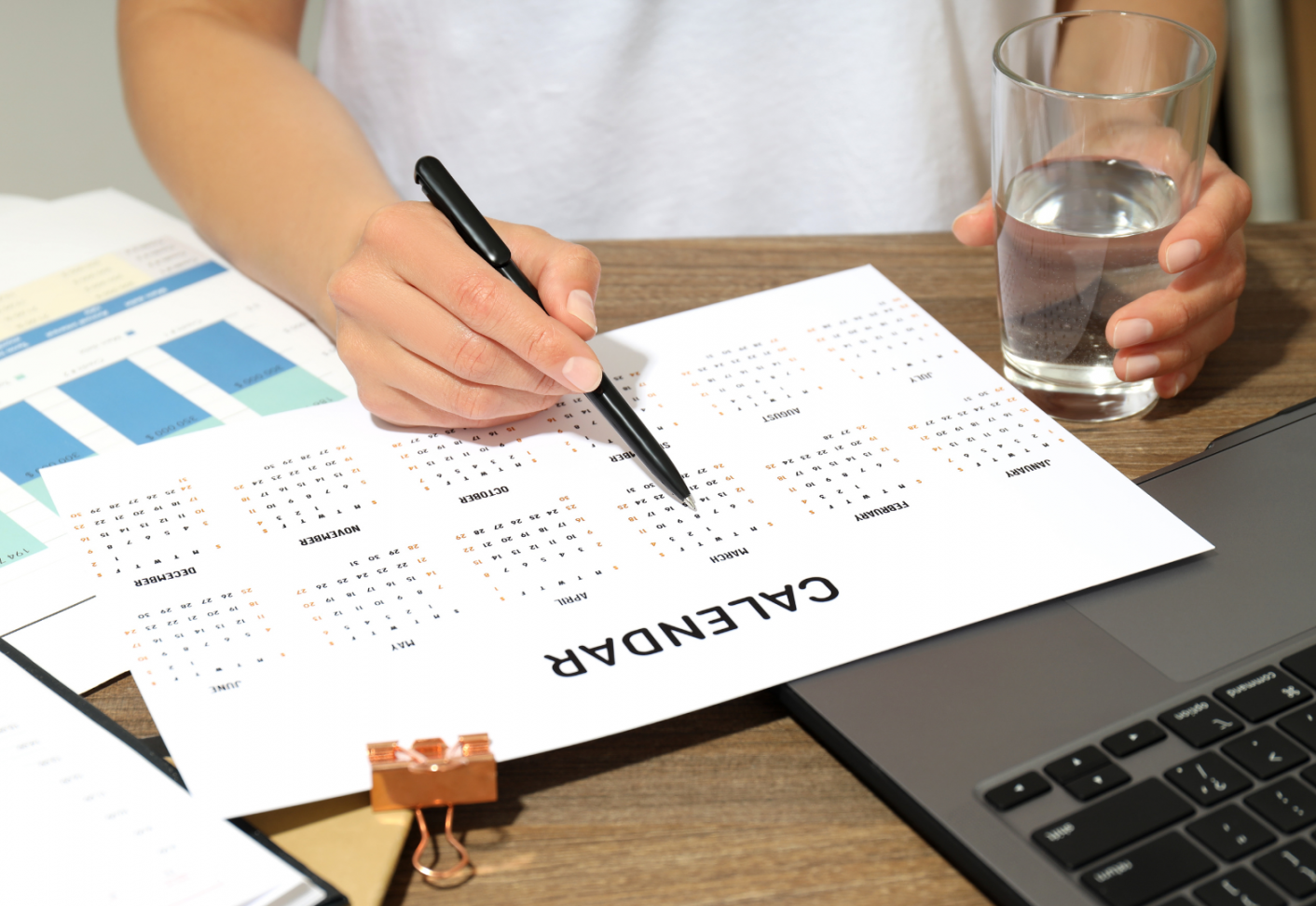Unlocking Your Productivity Potential: Essential Calendaring Strategies for Success
In today’s fast-paced world, it’s more important than ever to be productive. We’re constantly juggling multiple tasks and responsibilities, and it can be easy to feel overwhelmed. But with a few simple calendaring strategies, you can take control of your time and achieve your goals.

Productivity is the ability to produce goods or services efficiently. In other words, it’s about getting more done in less time. For most people, productivity is about working smarter, not harder.

A calendar can be a powerful tool for helping you stay organized and on track. By scheduling your tasks, you can make sure that you’re making the most of your time. Calendaring can also help you to avoid procrastination and to identify potential conflicts.

There are a number of studies that have shown that calendaring can help to improve productivity. One study found that people who used calendars were able to complete more tasks and were less likely to miss deadlines. Another study found that calendaring can help to reduce stress and anxiety.
Here are a few tips for using your calendar to boost your productivity:
Schedule everything. This includes not just your work tasks, but also your personal appointments, errands, and social engagements.
There are a number of resources available to help you learn more about calendaring and productivity. Here are a few suggestions:
The Productivity Project by Chris Bailey
The solution to unlocking your productivity potential is to find a calendaring system that works for you. There are many different calendars and scheduling tools available, so experiment until you find one that you like.
By using calendaring strategies effectively, you can take control of your time and achieve your goals. Calendaring can help you to be more productive, less stressed, and more successful in all areas of your life.
What is the best calendaring app for productivity?
There is no one-size-fits-all answer to this question, as the best calendaring app for you will depend on your individual needs and preferences. However, some popular calendaring apps include Google Calendar, Apple Calendar, and Microsoft Outlook.
How can I use my calendar to avoid procrastination?
One of the best ways to use your calendar to avoid procrastination is to schedule time for your tasks. When you see a task scheduled on your calendar, you’re more likely to actually do it.
What are some tips for scheduling buffer time?
When scheduling buffer time, it’s important to be realistic about how much time you need. A good rule of thumb is to schedule 10-20% buffer time for each task.
How can I review my calendar regularly?
The best way to review your calendar regularly is to set aside time each day or week to do so. This will help you to stay on top of your deadlines and to make sure that you’re not overcommitting yourself.
What are some other resources that can help me learn more about calendaring and productivity?
In addition to the resources listed above, you can also find helpful information on the websites of productivity experts such as David Allen and Carl Newport.